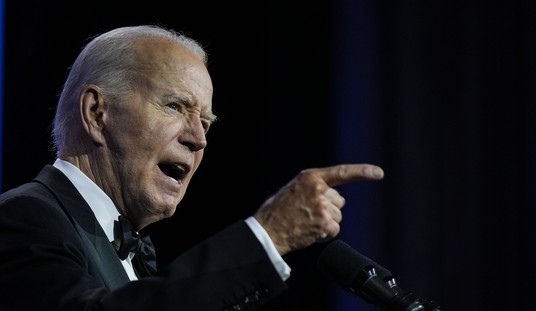I felt I was in the hands of a director with decent technical skills, but very little authentic to say. Everything about this film seems manufactured, nothing experienced. Since the subject is, in large part, child abuse, this makes for a highly disturbing viewing experience – and not in a good way. The innocence of children is being exploited for artistic affect.
This is evident in all the strains of this multi-plotted movie (yes, all threads come together … sort of… in the end), but most of all in the Tokyo section in which Rinko Kikuchi plays a sexually-charged deaf and dumb teenager who trots around the city with no panties, flashing assorted males from local teen scenesters to her own father. Despite… or maybe because of … Kikuchi’s considerable acting abilities, the tenuousness with which her story connects to the main plot is particularly offensive, skirting the edges of arty pseudo-porn.
But the other sections aren’t a lot better. The heart of the story is a Paul Bowles-like tale of Westerners in Morocco but without anything like Bowles’ understanding of either culture or specificity of character. I have read some criticism of Brad Pitt (who plays a Typical American figure) for his performance, but I can’t imagine any actor making this banal character interesting. No, I√±√°rritu and the film’s writer Guillermo Arriaga seem to be getting exactly what they want in this picture – from their actors and their truncated stories – and what they want isn’t pretty. It depresses.
The Pursuit of Happyness (‘y’ deliberate) is also a depressing film, but this time depressing in a good way. The “tech credits” – Hollywood parlance for photography, sound, etc. – are not nearly as impressive as in Inarritu’s flashily shot film, but that somehow gives this movie a quality of honesty missing in the other. We do not feel we are being conned by this Eighties tale (based on a true story) of the metamorphosis of quasi-homeless man into a successful stockbroker. And, more importantly, we are touched by his devotion to his son, which is the heart of the movie.
No warmed-over Robert Altman, the strategy of this film is a classic one from the glory days of Hollywood. I forgot which mogul advised a fledgling screenwriter to “take a man, put him up a tree, push him out on a branch and then saw it off,” but the old prescription almost always works. Do that and rescue the man at the very last moment and you have a movie. Will Smith plays the man here and quite well, but he is almost upstaged by his own son Jaden Smith, who plays his on screen son. With echoes of DeSica’s classic The Bicycle Thief, father and son are the only characters in this movie with any importance. Everyone else, even the boy’s mother (Thandie Newton), is secondary.
Now The Pursuit of Happyness is finally no The Bicycle Thief. Far from it. Still, I will be remembering those two performances, father and son, and, to a lesser extent, Steve Conrad’s script and Gabriele Muccioni’s direction, when I receive my Oscar ballot. I won’t be acknowledging anything to do with Babel. (Okay, maybe that performance by Rinko Kikuchi that disturbed me so much. When did I ever say I was consistent?)
——
Roger L. Simon was nominated for an Academy Award in screenwriting for his adaptation of Isaac Singer’s Enemies, A Love Story.









Join the conversation as a VIP Member